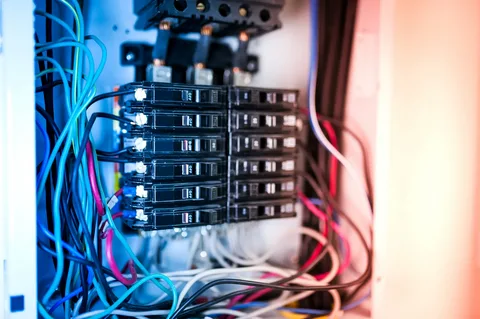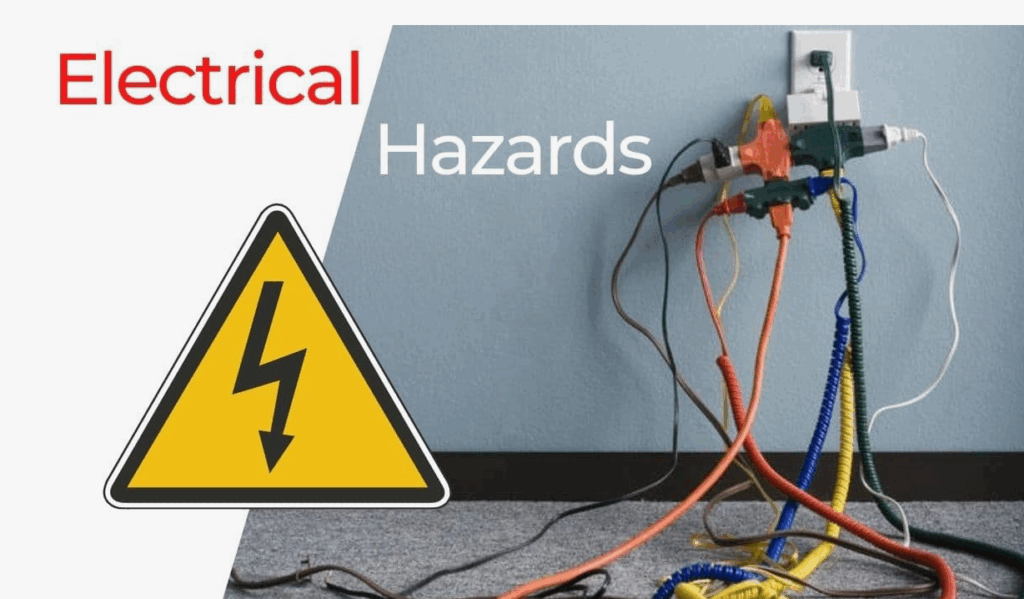Discover the benefits of residential EV charging, from convenience to cost savings, and why home charging is the future of electric vehicles. Technology is evolving, and people are switching to electric cars instead of gasoline vehicles. There are plenty of benefits, like cost savings, and electric vehicles help reduce air pollution and greenhouse gases. Electric car companies offer dedicated public charging stations for vehicles, but nothing beats the comfort of charging your car at home. An overnight charge is enough to satisfy your daily driving needs.
Types of Residential EV Chargers to Increase Your Comfort
Just like battery-powered appliances, electric cars can be charged in your residential property with level 1 and level 2 charging solutions. To ensure maximum comfort, the first question by consumers is: how long will it take to charge my EV at home?. The truth is that there is no accurate answer as the speed depends on your vehicle, charger type, and power source.
Let’s go through the charger types briefly:
-
Level 1 Charging
Level 1 charging comes with a standard 120V outlet as the power source and has a speed of between 3-5 miles of range per hour. Level 1 charging is best for homeowners looking to charge their electric vehicles overnight with low daily mileage demands.
-
Level 2 Charging
A level 2 charger has higher upfront costs compared to level 1 chargers, as the power source is a 240v outlet with a speed between 12-40 miles of range per hour. It is best for charging all types of EVs, including full battery electric vehicles.
Residential EV Charging Benefits That Make Your Life Easier
Paying customers are in search of options that can save their time and make life easier. This holds for every chore, including the methods to charge your vehicle at home. Imagine being able to fill up your gasoline vehicle anytime from the comfort of your home; that is the level of comfort that residential charging provides. You do not need to leave, and your vehicle will be fully charged overnight in your garage.
Here are a few benefits of charging your EV at home:
-
No Queues to Charge Your EV
With a dedicated residential charging solution in your property, there is no need to drive out of the way only to charge your vehicle, wait in long queues, or look for nearby public chargers. Simply wake up to find your EV is fully charged overnight.
-
Low Electricity Costs
Home charging your EV is a bit cheaper than public charging, with savings possible by using off-peak electricity tariffs. This helps charge your EV efficiently without burning a hole in your wallet.
-
EV Charging Incentives
In the US, there are federal incentives, including the AFITC (Alternative Fuel Infrastructure Tax Credit), which provides a tax credit for installing EV chargers at your residential or commercial property.
-
Future Proofing Your Property
People are constantly switching their gasoline vehicles to EVs, and they are a huge part of the future. Installing a level 1 or level 2 charger at your property now future-proofs it and increases its value if you are looking to sell.
-
Peace of Mind
You do not have to face worries like worrying about filling your tank with petrol or waiting in line for your turn. A simple flick of a button and your EV is fully charged overnight for you to enjoy the ride the next day.
Conclusion
There are multiple reasons why you should consider installing a level 1 or level 2 EV charger at your property, but the biggest of them all is convenience. No need to wait in queues or worry if your EV’s battery is running low.
A single overnight charge can easily satisfy your daily driving needs without much work, and as a bonus, the federal government is offering tax incentives for installing EV charger at your commercial or residential property.
FAQs
Why should I install an EV charger at my property?
Installing an EV charger at your property comes with multiple benefits, but the convenience of avoiding public queues is a major one.
How can EV chargers future-proof my property?
People are constantly switching their gasoline vehicles to EVs, and a charger at your property is a nod to the future of the automotive industry.
Does the federal government provide any incentives for EV charging?
Yes, federal incentives include the AFITC (Alternative Fuel Infrastructure Tax Credit) that provides a tax credit for installing EV chargers at your residential or commercial property.
How can I save money on electricity costs to charge my EV?
Home charging your EV is a bit cheaper than public charging, with savings possible by using off-peak electricity tariffs.
Do level 1 and level 2 have the same power outlets?
No, a level 1 charger has a power outlet of 120v, while a level 2 charger has a 240v outlet to charge your EV.



